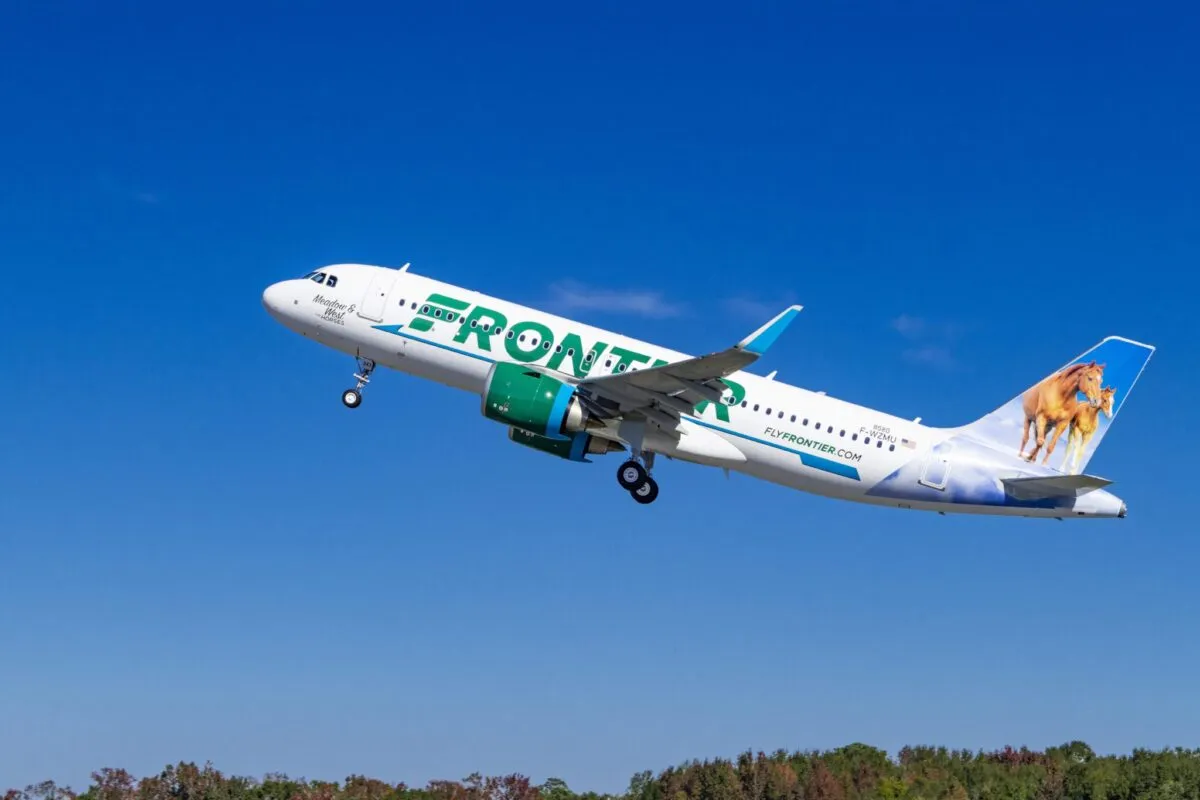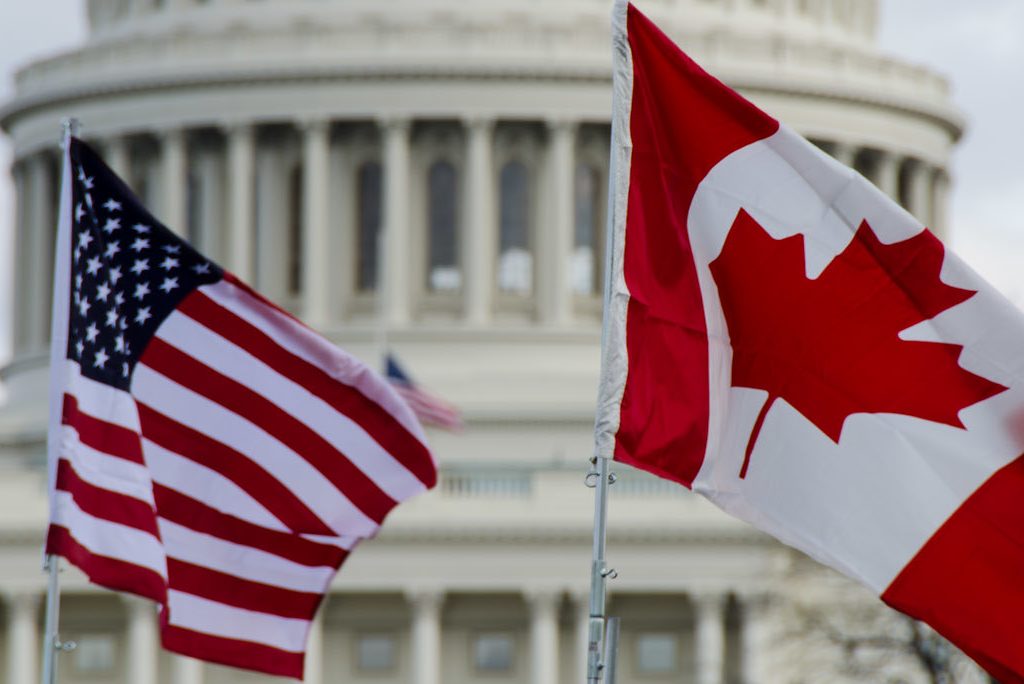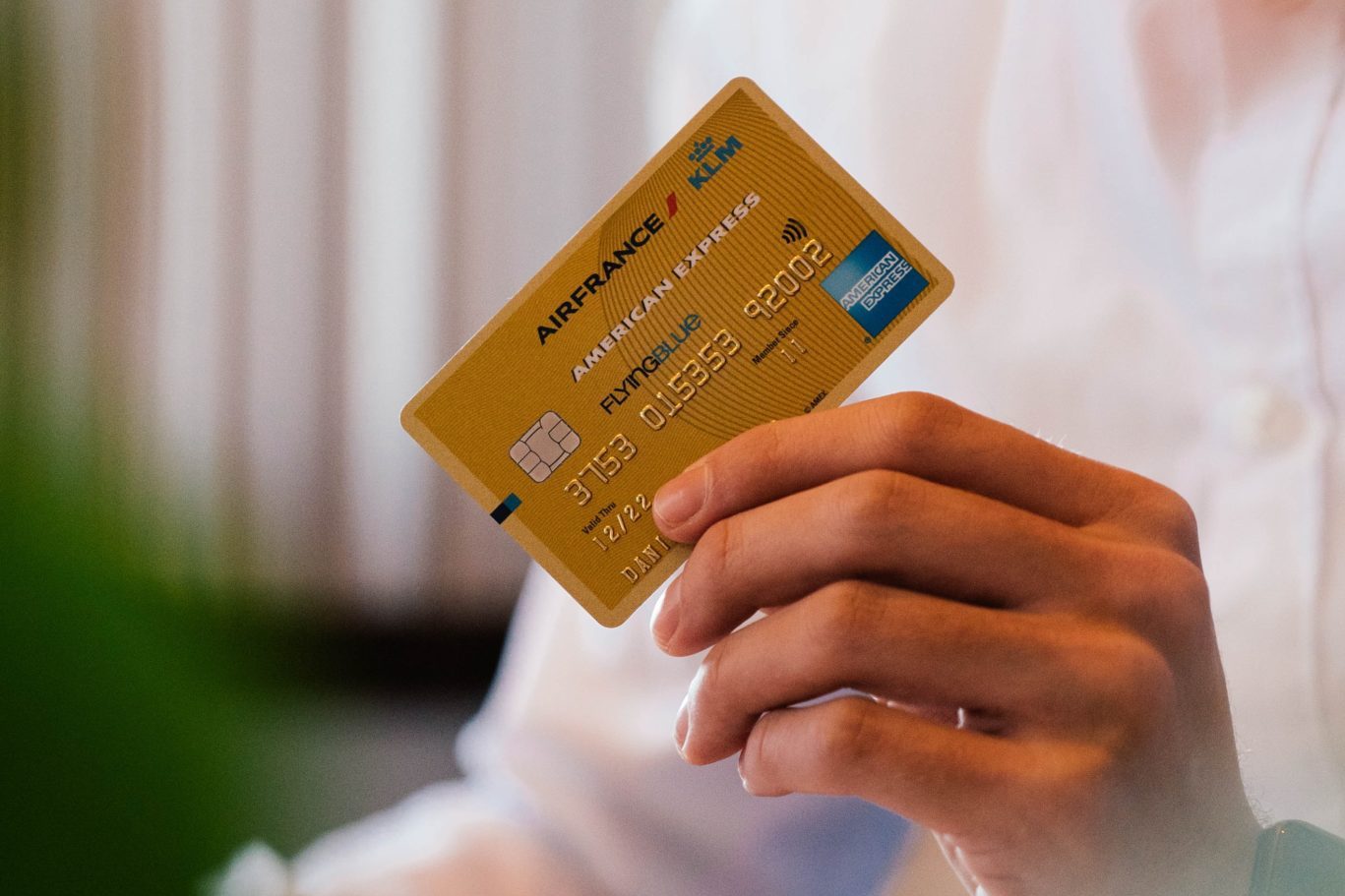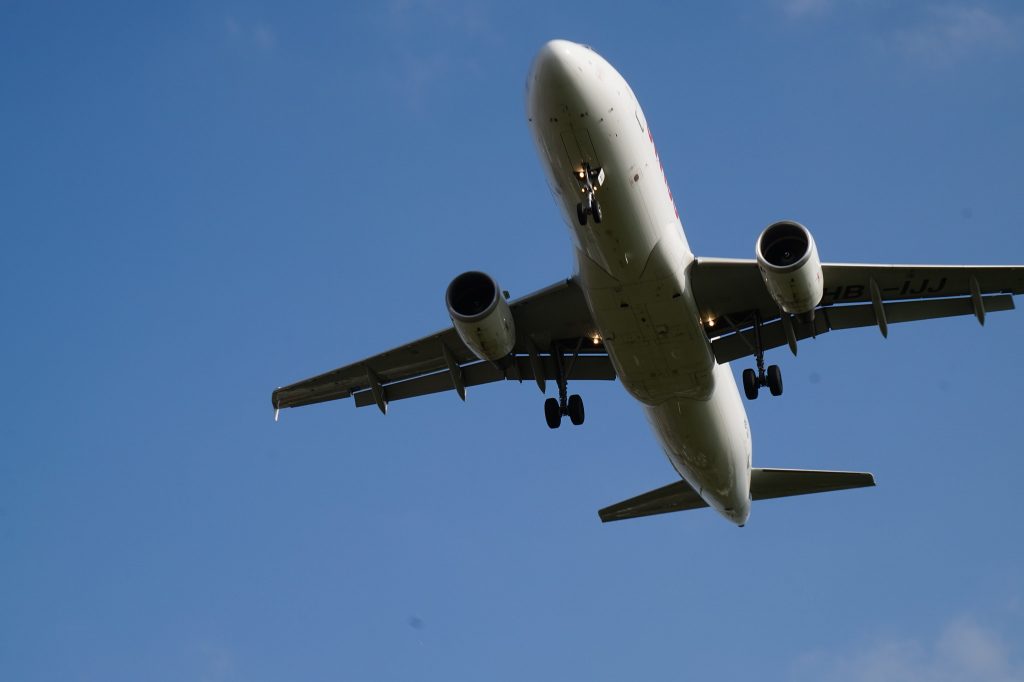India Daily: Finance Minister Explores Aerospace Opportunities With Boeing
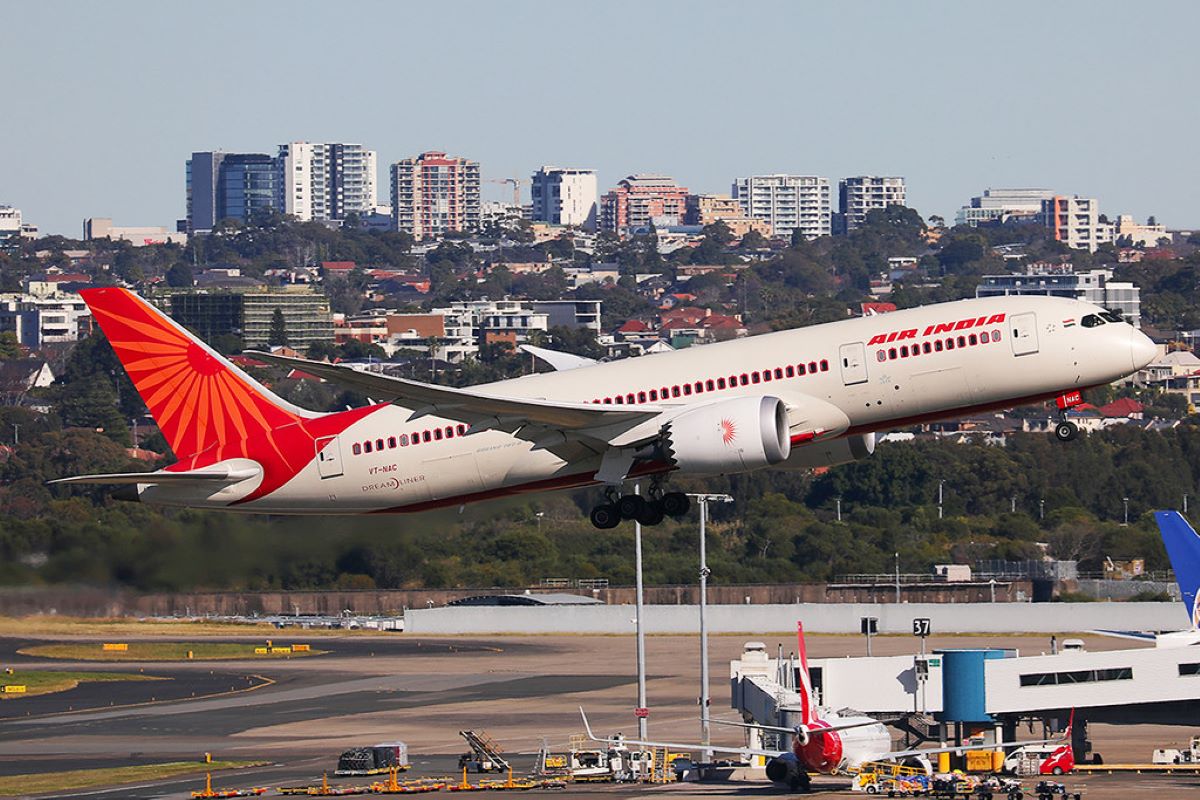
Skift Take
India’s Finance Minister Nirmala Sitharaman invited U.S. aircraft maker Boeing to ramp up investment in the country, given India’s flourishing aerospace and civil aviation market. The planemaker had earlier announced that it will invest about $24 million on setting up a logistics center in the country to stock spares for commercial airlines. During an interaction with a delegation from Boeing's global senior leadership team, the minister underlined India’s focus on repositioning itself as a maintenance, repair and operations hub that can potentially cater to a wide region spanning Europe, Africa and the Far East. Earlier in March, Civil Aviation Minister Jyotiraditya Scindia also highlighted it was time for India to look at manufacturing aerospace products, adding that the aggregate fleet size of domestic carriers is estimated to reach around 2,000 aircraft over the next five to seven years. Sitharaman further emphasized the opportunities available for companies to relocate to India to be a hub for the region. In reference to Indian airlines’ record aircraft order, she informed the delegation about Gujarat International Finance Tech-city banks' aircraft leasing operations.
Indian aviation watchdog Directorate General of Civil Aviation will conduct an audit of cash-strapped Go First’s preparedness to restart operations, the company said in an internal memo to employees. The regulator will conduct the audit in coming days, with operations commencing following the regulator’s approval, the airline’s Vice President of Flight Operations Rajit Ranjan told employees. “You are requested to be available for flying so that the relaunch is smooth and we start flying as soon as possible,” the memo said. The memo came after an appeals tribunal upheld insolvency proceedings against Go First, making it harder for the airline’s lessors who are attempting to take back their planes. The airline has blamed its financial woes on problems with engines from Pratt & Whitney.
Kazakhstan's low-cost carrier FlyArystan has launched flights from Delhi to Shymkent. With two weekly services on Mondays and Thursdays, the airline’s fare for one-way flights between the two cities starts from $55. With 14 Airbus A320 aircraft currently, the carrier plans to expand its fleet to 19 aircraft by the end of this year. In fact, last year, FlyArystan received a new aircraft from the European manufacturer for the first time. The airline is the first Kazakh low-cost carrier that started its operations in May 2019. Additionally, the Kazakhstan government has also canceled visa fees for Indian tourists on a 14-day visit to the country.
Hotelzify, a self-serve website development and booking management platform for hotels, has raised its seed investment from travel tech firm TBO. “These funds will equip Hotelzify with necessary capital to scale up its technology and accelerate its go-to-market,” said Anirudh Ganesh, co-founder and CEO of Hotelzify. He added the funds would be primarily used to build Hotelzify products, including a Google Hotel Ad engine with Artificial Intelligence-based pricing, a customizable marketplace module for hoteliers and expanding the company’s engineering team. “Additionally, we will run sales experiments in emerging tourist destinations in Southeast Asia and the Middle East,” Ganesh added. Hotelzify has partnered with over 700 hotels and resort properties in India.
In line with its five-year transformation program Vihaan.AI, Tata Group-owned Air India has introduced a new digital customer support application on its website to improve customer experience. The new system enables customers to seek personalized information, request services, share feedback and raise grievances seamlessly. With a user-friendly classification system, the new portal enables accurate collection of essential information and tracks the real-time status of customers’ cases online. “Customers can now simply log on to our website and raise their request or share feedback from a single touchpoint as against the legacy email-based support system. The new system also enables real-time tracking of the service requests which we believe will enormously enhance the customer interface experience with Air India,” said Air India’s Chief Customer Experience and Ground Handling Officer Rajesh Dogra.
Chennai-based deep-tech start-up The ePlane Company aiming to build flying electric taxis, became the first Indian electric aircraft company to obtain a key approval from Indian aviation regulator Directorate General of Civil Aviation. The company announced that it has received Design Organisation Approval to begin commercial production of its e200 electric vertical take-off and landing aircraft, which is a crucial first step in the aircraft certification process. After this, the start-up will be working towards obtaining type certification for the aircraft. The ePlane e200 is a two-seater aircraft specifically designed for urban spaces. With a travel range of 124 miles, it can make multiple stops on a single charge, saving consumers a significant amount of time.
India-based airport lounge services aggregator DreamFolks Services has reported a net profit of $3 million for the fourth quarter ended March 2023, registering growth of 184 percent, compared to $1 million in the corresponding quarter last year. The company’s revenue from operations in the January-March quarter came in at $28.7 million, posting a rise of 140 percent, compared to $11.9 million in the year-ago period. On the operating front, the company's earnings before interest, taxes, depreciation and amortization in the fourth quarter stood at $4.11 million, compared to $1.45 million in the same quarter last year. Last year, DreamFolks Services’ $67.9 million initial public offering had received strong response from investors, getting subscribed 56.68 times during its subscription window.
Mumbai airport has commissioned a first-of-its-kind Taxiway Z, which is an extension of the existing Taxiway P. The new taxiway is set to augment the airside efficiency and substantially lower carbon emissions. This new capacity enhancement with Taxiway Z will make the airport the first in the Asian region to offer a flexible-use apron, allowing the taxiway and parking stand to be used interchangeably. Moreover, by reducing holding time for arrival aircraft, this approach is expected to improve on-time performance by reducing the entry and exit time for the aircraft. Mumbai airport is witnessing 14 percent more weekly flights this summer compared to last year.

